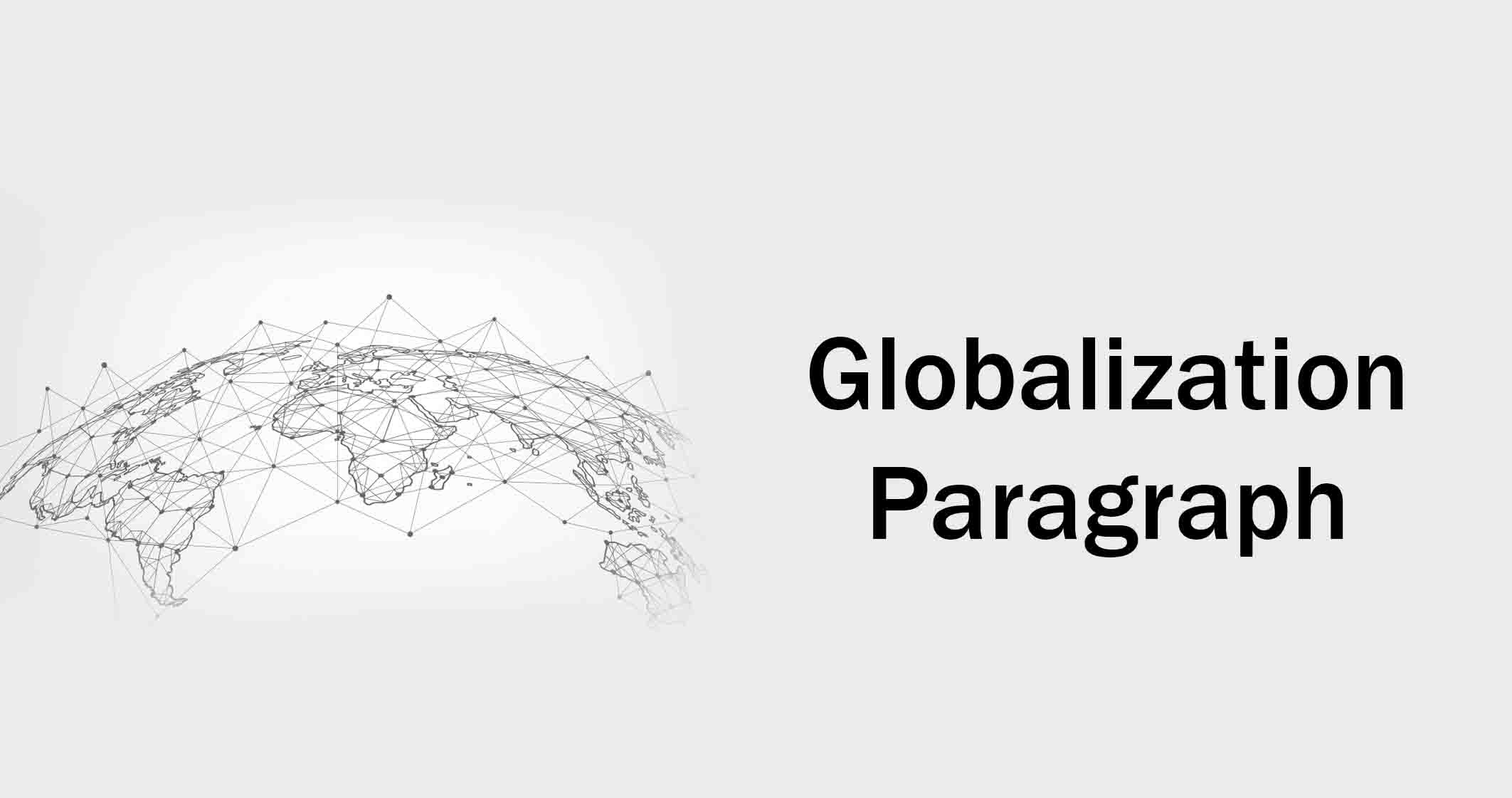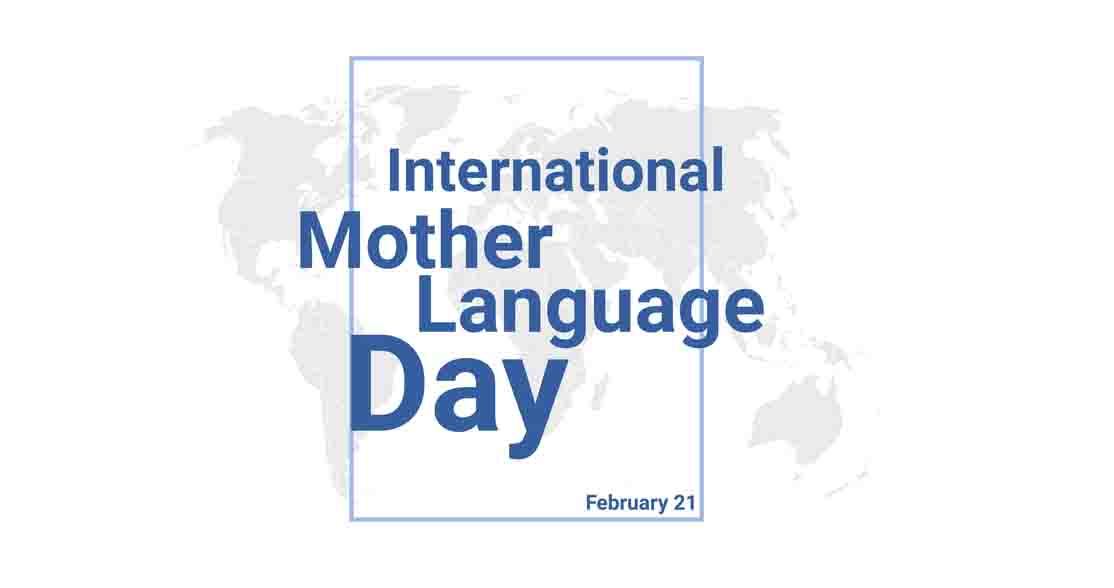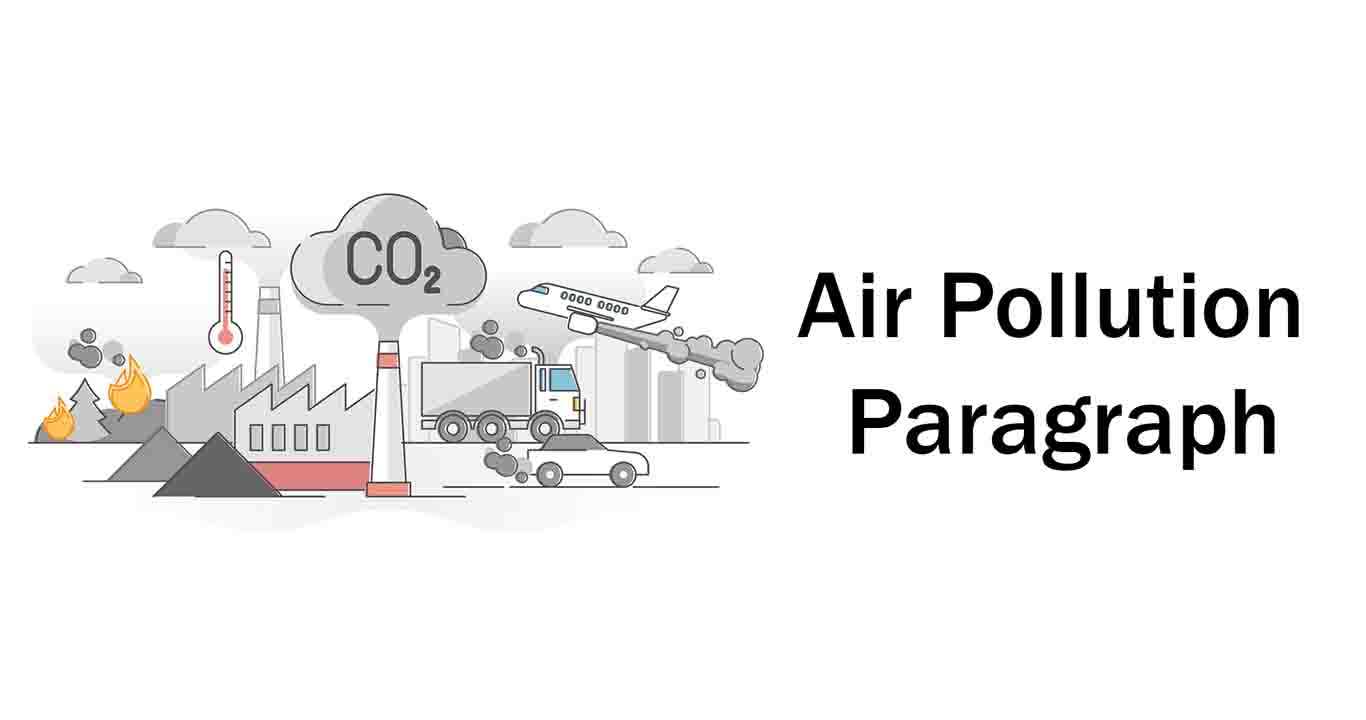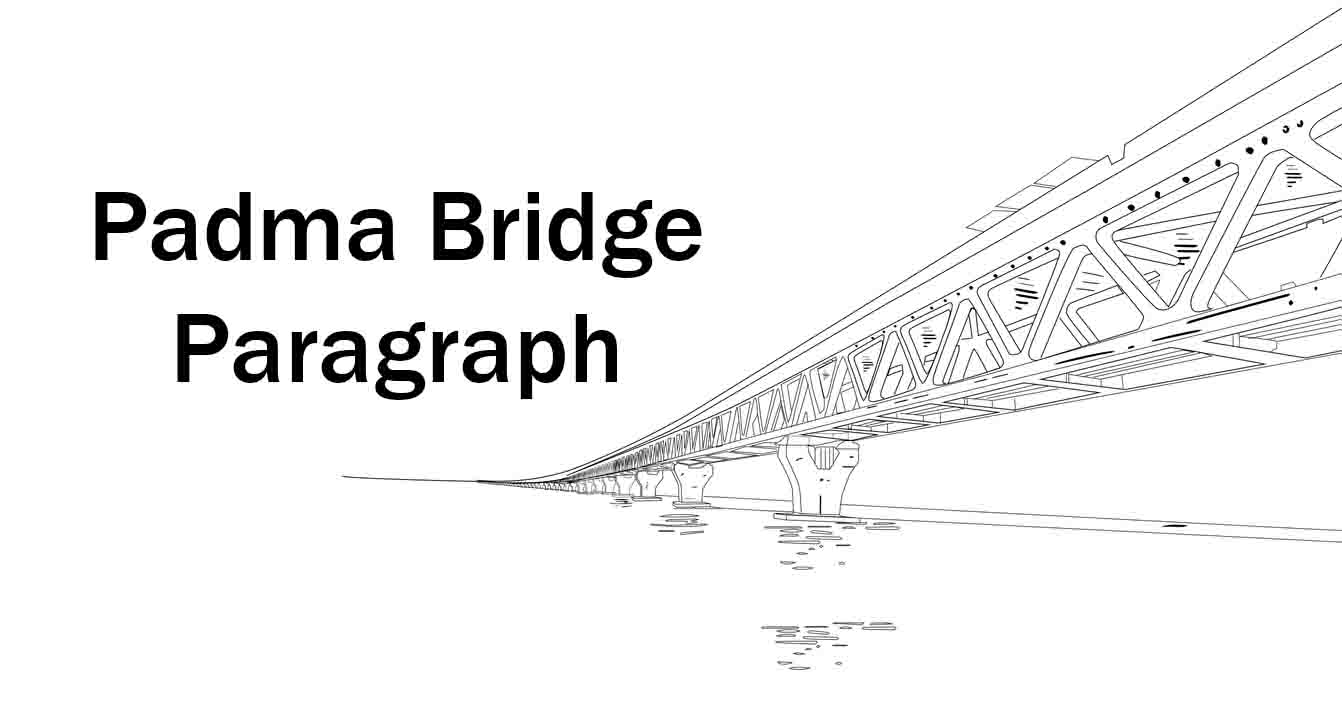Globalization Paragraph in 300, 250, 200, 150 and 100 words

Globalization refers to the increasing interconnectedness of the world through the exchange of goods, ideas, and people across borders. It is driven by advancements in technology, transportation, and communication, and has been ongoing for centuries. The process of globalization has brought about increased economic growth and new opportunities for individuals, but also results in job loss, income inequality, and environmental degradation, and raises concerns about cultural imperialism. Navigating this complex process in a way that balances the benefits of globalization with the need for equitable development and protection of the planet is crucial.
Globalization Paragraph in 300 words
Globalization refers to the integration of economies, societies, and cultures through the increasing interconnectedness of the world. It is characterized by the exchange of goods, ideas, and people across borders, facilitated by advancements in technology, transportation, and communication. The process of globalization has been ongoing for centuries, but it has accelerated in recent decades with the rise of technology and the internet. This has made it easier for businesses to reach new markets, for individuals to connect with people from around the world, and for cultural influences to spread more rapidly. The effects of globalization have been far-reaching and controversial. On one hand, it has brought about increased economic growth and prosperity for many countries, as well as new opportunities for individuals to travel, work, and learn. On the other hand, globalization has also resulted in job loss, cultural homogenization, and income inequality. Some industries have become highly competitive on a global scale, leading to economic pressure on workers and businesses in certain regions. Additionally, globalization has raised concerns about environmental degradation and cultural imperialism. The rapid pace of development and growth has put pressure on natural resources and has led to environmental problems such as climate change, deforestation, and pollution. Moreover, the spread of dominant cultural values and practices has led to the loss of local traditions and languages, particularly in developing countries. In conclusion, globalization is a complex and ongoing process that has brought about both positive and negative consequences. While it has created new opportunities and economic growth, it has also led to social and environmental challenges that must be addressed. The world must continue to navigate this process in a way that promotes equitable development and protects the planet.
Globalization Paragraph in 250 words
Globalization is the integration of economies, societies, and cultures through the increasing interconnectedness of the world. It is driven by advancements in technology, transportation, and communication, making it easier for businesses to reach new markets and for people to connect with others from around the world. The process of globalization has been ongoing for centuries, but it has accelerated in recent decades, leading to both positive and negative consequences. On the positive side, globalization has brought about increased economic growth and prosperity, as well as new opportunities for individuals to travel, work, and learn. It has also facilitated the exchange of goods, ideas, and cultures, leading to a more interconnected and diverse world. However, globalization has also resulted in job loss and income inequality, particularly in industries that have become highly competitive on a global scale. Additionally, globalization has raised concerns about environmental degradation and cultural imperialism. The rapid pace of development and growth has put pressure on natural resources, leading to environmental problems such as climate change and pollution, and the spread of dominant cultural values has led to the loss of local traditions and languages. globalization is a complex and ongoing process that has brought about both positive and negative consequences. While it has created new opportunities and economic growth, it has also led to social and environmental challenges that must be addressed. It is important to navigate this process in a way that promotes equitable development and protects the planet so that the benefits of globalization can be enjoyed by all.
Globalization Paragraph in 200 words
Globalization refers to the increasing interconnectedness of the world through the exchange of goods, ideas, and people across borders. It has been driven by advancements in technology, transportation, and communication, making it easier for businesses to reach new markets and for individuals to connect with others from around the world. The process of globalization has led to both positive and negative consequences. On the positive side, globalization has brought about increased economic growth and prosperity, as well as new opportunities for people to travel, work, and learn. It has facilitated the exchange of goods, ideas, and cultures, making the world more interconnected and diverse. However, globalization has also resulted in job loss and income inequality, particularly in industries that have become highly competitive on a global scale. It has also raised concerns about environmental degradation and cultural imperialism. The rapid pace of development and growth has put pressure on natural resources, leading to environmental problems, and the spread of dominant cultural values has led to the loss of local traditions and languages. In short, globalization is a complex and ongoing process that must be navigated in a way that promotes equitable development and protects the planet. While it has brought about new opportunities and economic growth, it has also led to social and environmental challenges that must be addressed.
Globalization Paragraph in 150 words
Globalization refers to the increasing interconnectedness of the world through the exchange of goods, ideas, and people across borders. Driven by advancements in technology, transportation, and communication, it has brought about increased economic growth and new opportunities for individuals. However, it has also resulted in job loss, income inequality, and environmental degradation. Globalization has also raised concerns about cultural imperialism, as the spread of dominant cultural values can lead to the loss of local traditions and languages. Navigating this complex and ongoing process requires balancing the benefits of globalization with the need to promote equitable development and protect the planet.
Globalization Paragraph in 100 words
Globalization refers to the integration of economies, societies, and cultures through the exchange of goods, ideas, and people across borders. Advances in technology, transportation, and communication have facilitated this process, leading to increased economic growth and new opportunities for individuals. However, globalization also brings challenges such as job loss, income inequality, and environmental degradation, and raises concerns about cultural imperialism. Balancing the benefits of globalization with the need to promote equitable development and protect the planet is crucial as the world continues to navigate this ongoing process.
Key Points for Globalization Paragraph
Q: What is globalization?
A: Globalization is the increasing interconnectedness and integration of economies, societies, and cultures across the world. It is driven by advancements in communication, transportation, and technology that have made it easier for people, goods, services, and ideas to cross borders.
Q: What are the benefits of globalization?
A: Globalization has brought many benefits, including increased economic growth and efficiency, lower prices for consumers, and greater access to a wider range of goods and services. It has also created opportunities for businesses to expand their markets and reach new customers around the world.
Q: What are the challenges of globalization?
A: The challenges of globalization include job losses, income inequality, and social unrest, particularly in developing countries that may lack the resources, infrastructure, and skills to compete effectively in the global market. Globalization has also contributed to the spread of environmental problems, such as climate change and biodiversity loss, that threaten the health and well-being of people and ecosystems worldwide.
Q: How can globalization be made more sustainable?
A: Making globalization more sustainable requires a multifaceted approach that involves cooperation and collaboration among governments, businesses, and civil society. This includes creating policies and practices that promote sustainable, equitable, and inclusive globalization, investing in education and skills training to help workers adapt to changing economic conditions, and working to mitigate the environmental impacts of globalization.
Q: What role do multinational corporations play in globalization?
A: Multinational corporations are key players in globalization, as they operate across borders and take advantage of opportunities to expand their markets and reach new customers around the world. However, they also face challenges related to local regulations, cultural differences, and ethical considerations, and must navigate these issues in order to operate effectively in different countries and cultures.











